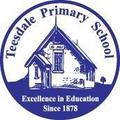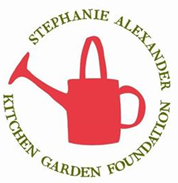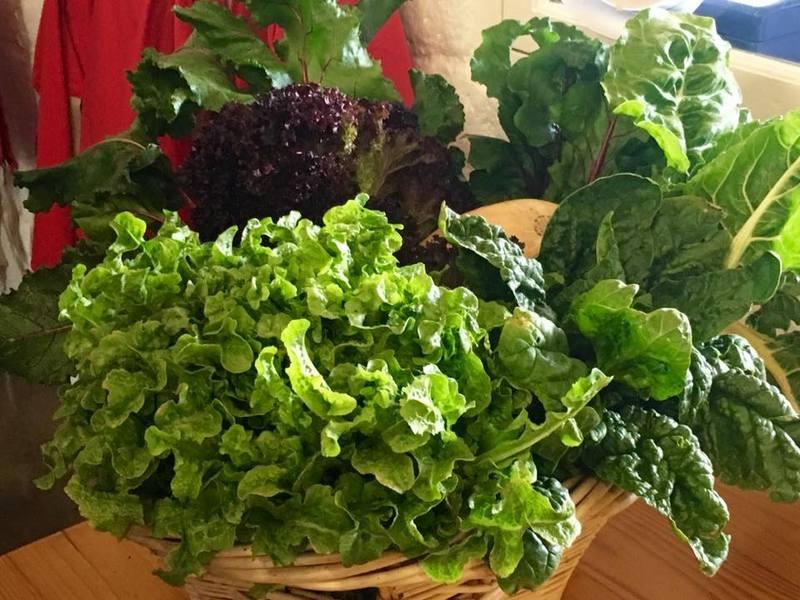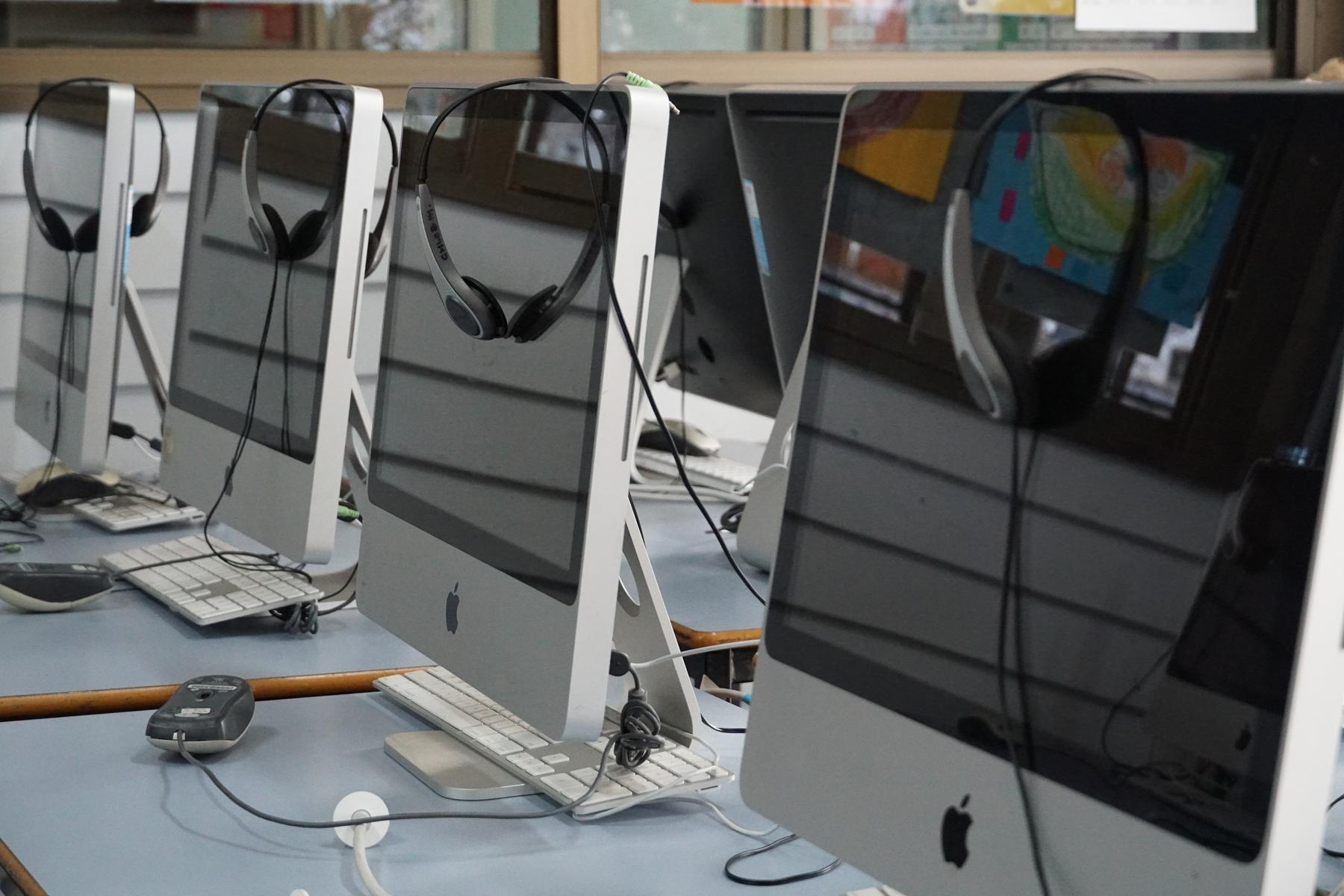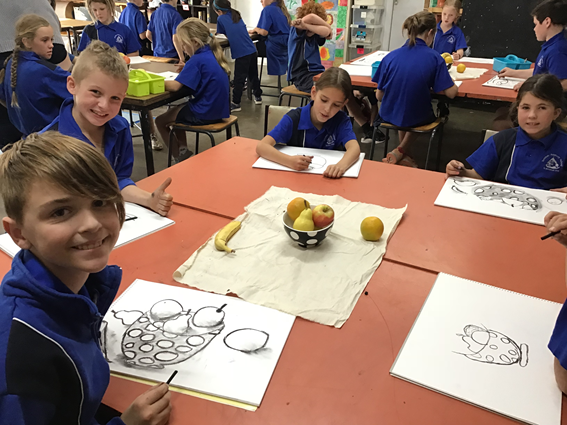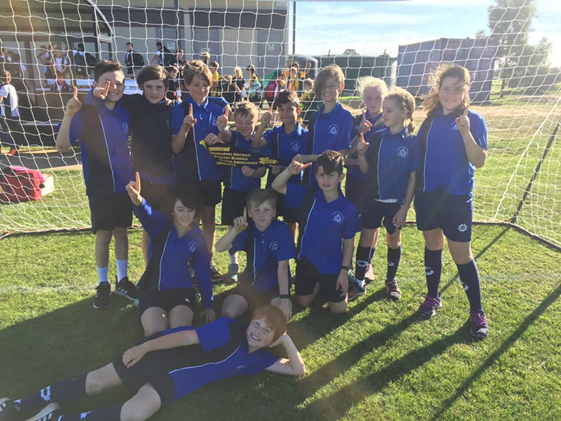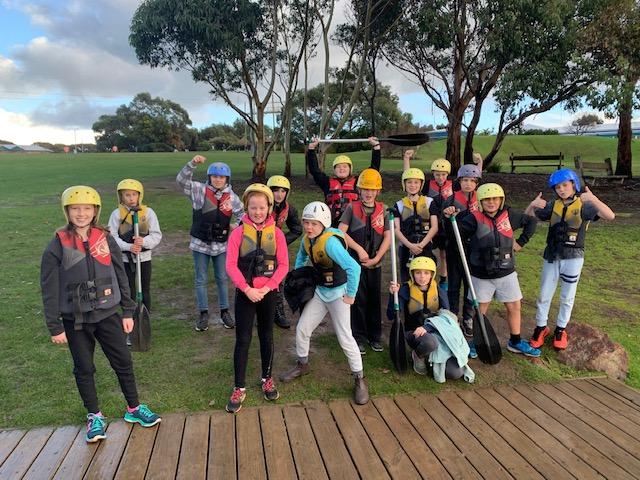Our Curriculum
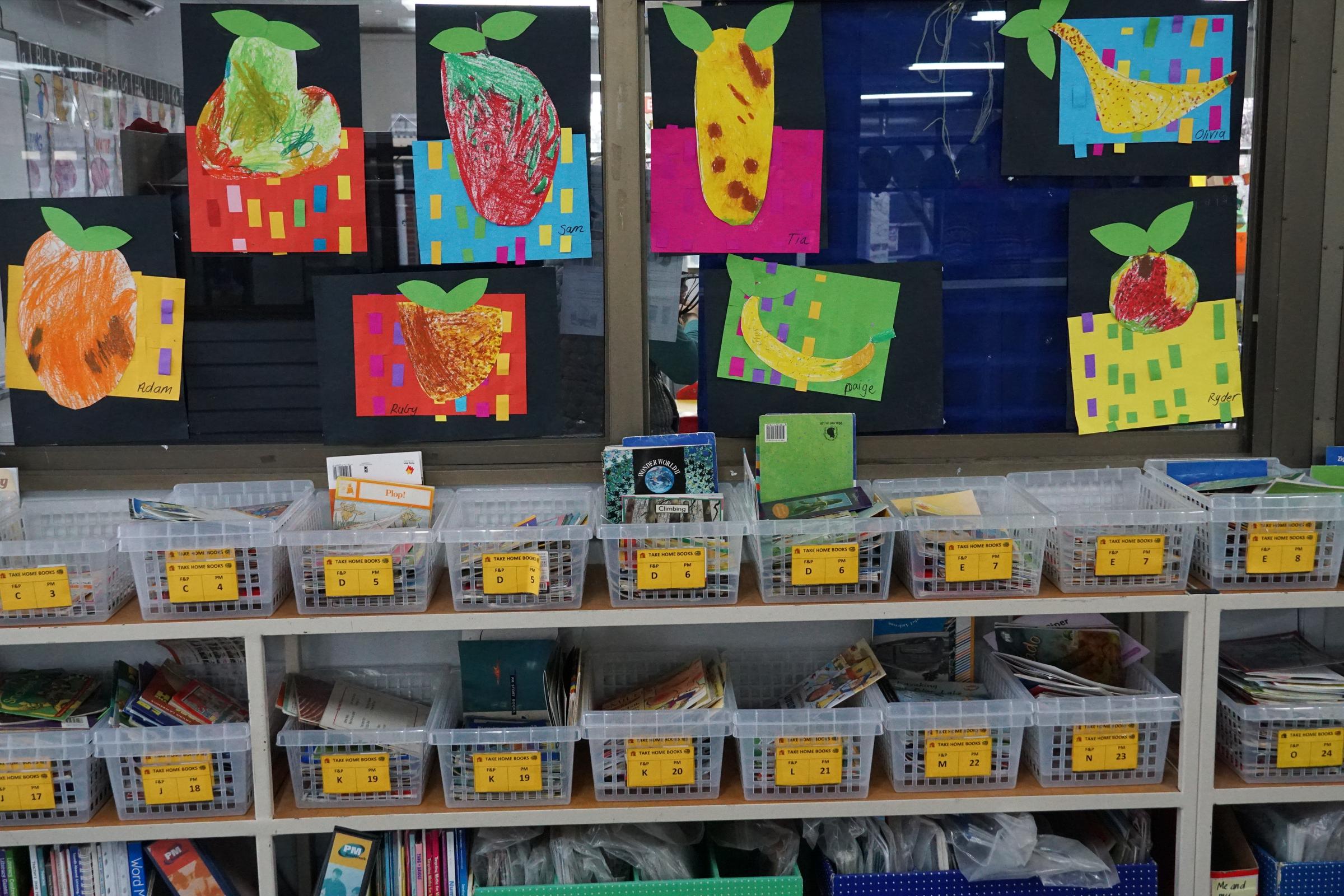
The School Week
In a ‘regular’ school week you can expect your child to participate in the following curriculum areas.
5 sessions of Reading
5 session of Writing/Spelling
5 sessions of Numeracy
2-3 sessions of Inquiry
1 Session of Personal Learning (related to values/zones of regulation and respectful relationships)
1 Sessions of Science/Kitchen Garden
1 Session of Health and Physical Education
1 session of Visual Arts
1 30 minute session of Performing Arts
1 30 minute session of Indonesian (Years 3-6)
1 30 minute assembly
ICT is integrated throughout all aspects of curriculum
Curriculum development at Teesdale Primary School follows the Victorian Curriculum. This outlines what is essential for all Victorian students to learn from F-10 (Prep – Year 10) and includes the Victorian Curriculum F-10 for English, Mathematics, History and Science. It provides a set of common achievement standards which our school uses to plan student learning programs, assess student progress and report to parents.
Science
At Teesdale, we see Science as an integral part of the Specialist Program with strong links to our garden activities. Science will be a very much hands on process where the children will be working on discovering events that occur in our Scientific World. Through design and testing the children will discover properties of movement, forces, sound, light, kitchen chemistry, earth and our environment. They will report on their discoveries and share their knowledge with their classmates. The children will also be given an opportunity to present experiments and share their scientific knowledge. In taking this approach we believe science will be a fun and valuable learning experience.
As a school we participate in whole school Nation and State-wide Sustainability events such as: School Tree Day, Nude Food Day, World Wetlands Day and National Water Week and encourage whole school sustainability practices. At Teesdale Primary School we have built strong community partnerships with Sustainability Education sectors including; CERES and our local environmental groups including the Grassy woodland committee.
Stephanie Alexander Kitchen Garden Program
Our Kitchen Garden Program is integrated into the school’s science curriculum. Grade 3-6 students participate in the program on a term by term rotation. Each class is divided into three groups that rotate between science, kitchen (cooking) and garden sessions. Our junior school may have a variety of kitchen and garden experiences from time to time depending on a number of considerations such as safety for the students, growing season and availability of class time.
The philosophy of the program is to encourage children to choose food that is healthy by engaging them in fun, hands on experiences in growing, harvesting, preparing and sharing fresh food as well as learning valuable lifelong gardening and cooking skills along the way.
The school has a fully equipped kitchen where students are able to participate in a food technology. As we have a kitchen garden at the school students will be given the opportunity to work with fresh produce as well as work on important kitchen skills through hands on practical experiences.
Technology
The use of technology is integrated into all subject areas across the school through the use of, interactive whiteboards, iPads, computers, etc. Students will have the opportunity to engage with a variety of devices and software. BYO devices have been introduced for years 5 and 6.
Visual Arts
The Visual Arts Program is designed to allow students the opportunity to develop their skills, creative thinking and confidence in the making of art works. Students are introduced to a wide variety of materials and techniques such as painting, observational & creative drawing, collage, printing and etching, textiles, sculpture, clay and construction. Art activities support student learning by connecting with classroom Inquiries, cultural celebrations, and whole school and community events. For example, studies of Asia, environmental sustainability, science and sport.
Physical Education
Teesdale Primary School provides weekly Physical Education sessions for all students. Physical Education is skills, fun and fitness combined. The sessions endeavour to provide your child with skills necessary for participation in many different games and sports. A strong emphasis on Fundamental Motor Skills such as Catch, Throw, Run, Dodge, Bounce, and Kick and so on form the major part of each lesson. Small Games that require use of boundaries and whistle response are also significant aspects. Ball Handling and use of Sporting Equipment is highly featured. Dance is also incorporated into the Physical Education program. In later years there will be many opportunities to represent our School in District Competitions in Athletics and Cross Country. The main aim of this program is to instil a love of sport and activity amongst children from a very early age and your support is encouraged at every level.
Sports
In Years 3-6 students are also involved in a sports program. The program is designed for students to put their fundamental skills to use in team/game situations or modified versions of several sports. Students will also have the opportunity to represent the School in team sports competitions at venues within our district.
Swimming
The School currently offers a year Foundation, 1 and 2 swimming program. Details will be provided to parents during the year.
School Camps
Our students from years 3 – 6 participate in a school camps and outdoor experiences program each year. The benefits of school camps have been shown to be integral to the development of young people. In a risk‐averse society children are having fewer and fewer experiences where they make the decisions and experience “safe danger”. Lessons about self‐reliance, self‐confidence, exploration, respect and responsibility are all important components of a successful camping experience. The School outdoor education program uses camps that provide a low‐risk environment.
Indonesian
Languages education is not only about learning the words but more importantly about real communication. Therefore many opportunities are created for students to learn about other cultures. Our program includes a combination of language work and cultural activities, such as cooking, craft and having visitors to teach dance and music. Our focus is on the Indonesian language and we will be further developing our links in this area.
National Assessment Program ‐ Literacy and Numeracy
The National Assessment Program Literacy and Numeracy (NAPLAN) will involve students in Years 3, 5, 7 and 9 from all States and Territories. In Victoria approximately 260,000 students from all Government, Catholic and Independent schools will participate in the program. The NAPLAN will be administered at the school level. Refer: www.education.vic.gov.au
Program for Students with Disabilities (PSD)
Teesdale Primary School is committed to provide high quality education to all. We believe that all students have the right to participate in the full range of programs and services provided by the School. All students should have appropriate program goals and targets within the school program, as well as timely support from the specialist professionals. Our program seeks to ensure full acceptance and participation of all students in the life of the community.
An expert teacher is assigned the responsibility of coordination of the Program for Students with Disabilities, including applications for funding, Individual Learning Plans and Program Support Groups. Parent Support Groups (PSG’s) will be formed for each funded student, as per Department of Education and Early Childhood Development Student Disabilities Guidelines. Funding is offered to some students in the school who meet stringent state-wide assessment criteria. This includes some students with Visual, Physical, Intellectual, Medical, Language, Behaviour Difficulties or Autism Spectrum Disorder. The PSG will meet once per semester. The purpose of these meetings will be: goal setting, review and evaluation of the student’s programs and general discussions.
